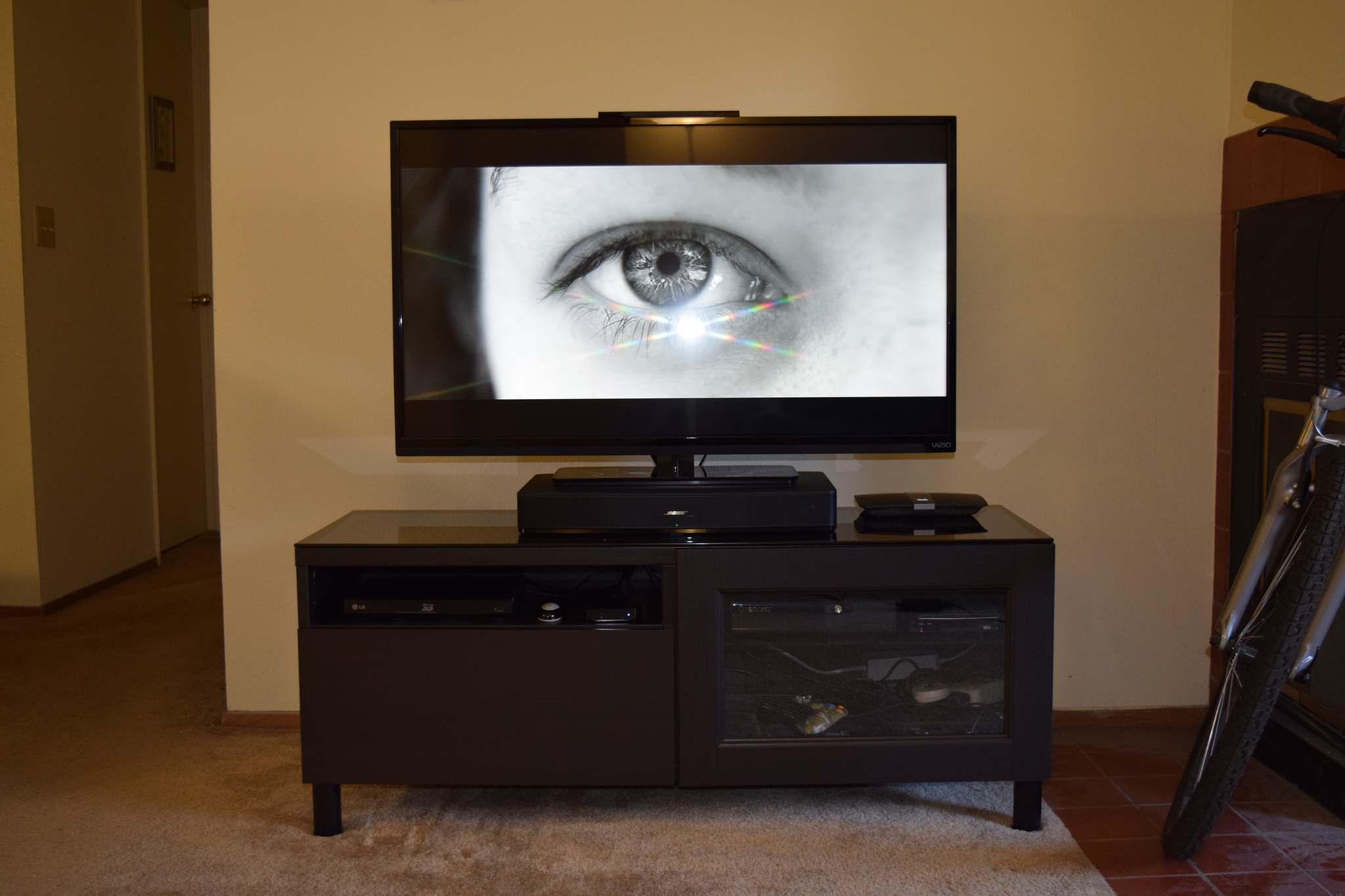We learned back in 2015 that while all smart TVs collect data on your viewing habits, Vizio was going above and beyond, collecting more information than most, and telling you even less about it. As you might expect, loads of folks who owned Vizio TVs were deeply unhappy about this, and sued the company. And now, a judge has denied Vizio’s motion to dismiss that suit, meaning it will indeed have to defend itself in court. [More]
smart tvs
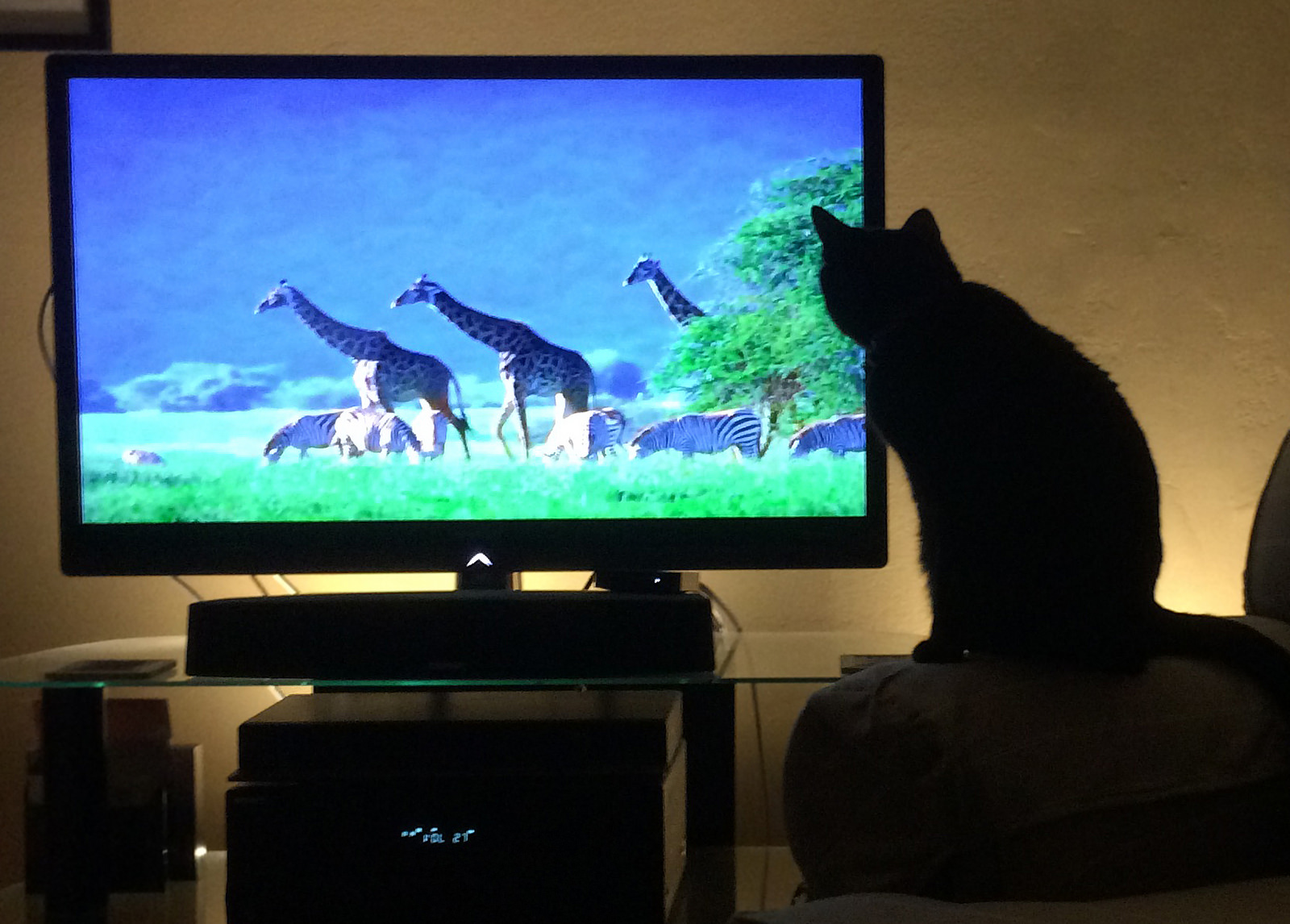
Vizio To Pay $2.2 Million For Watching TV Watchers Without Telling Them
There is a new truism for our era: If something can connect to the internet, it collects data. That’s true for everything from wearable fitness trackers to “smart” washing machines. But one TV company went farther than most, in collecting, aggregating, and selling your data, and now it’s in hot water with the Federal Trade Commission. [More]

Ransomware Spreading Onto Smart TVs, Is A Pain To Fix
Streaming TV has been a boon for consumers. Programming is everywhere, right at our fingertips, as soon as we get our screens online. But that connectivity comes with a big risk: wherever there’s an internet connection, there’s a possibility for bad guys to show up. And now they are showing up in the real world, holding TV sets hostage with ransomware and demanding cash to let you access your own stuff. [More]
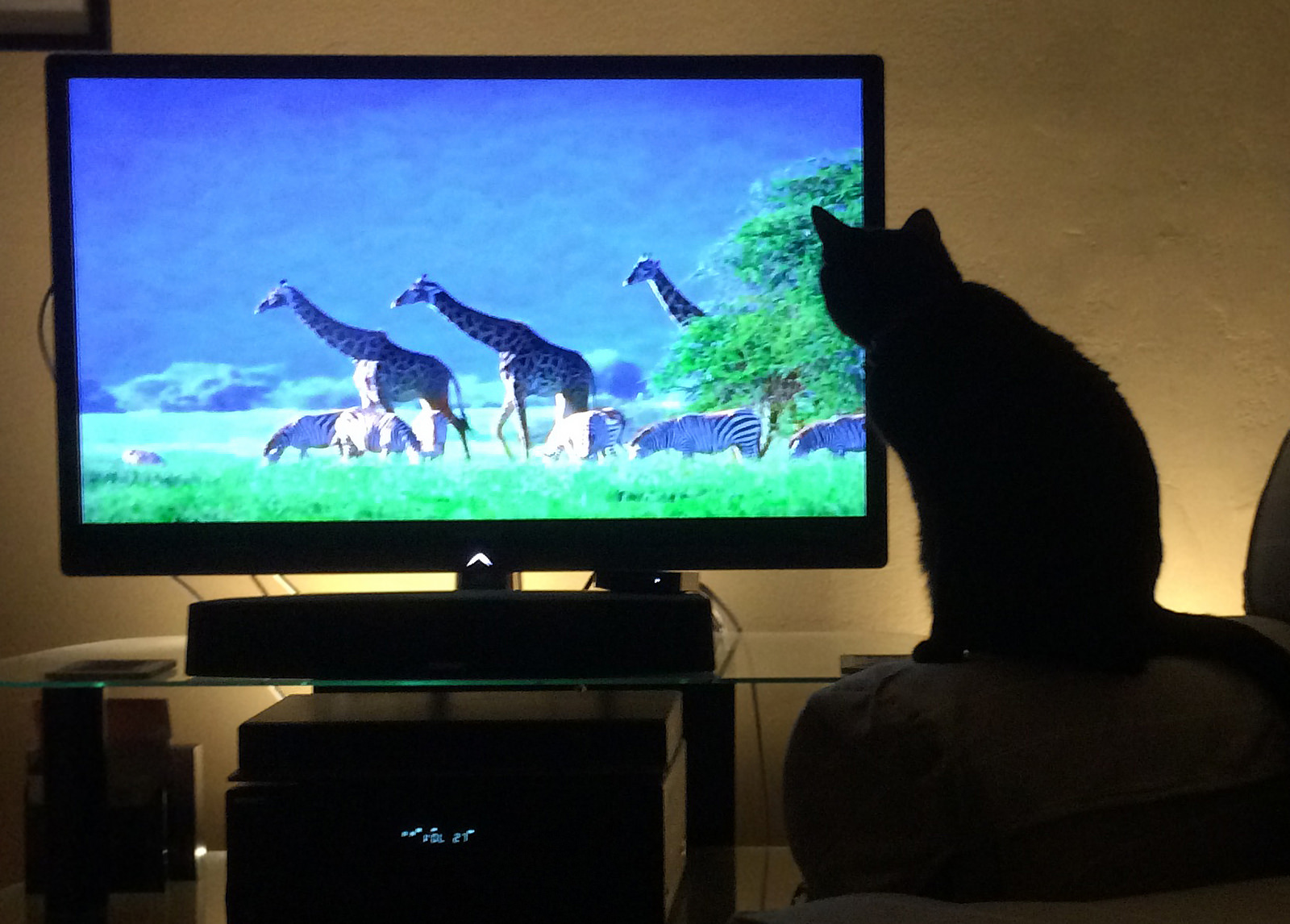
Vizio Smart TVs Are Watching You Back Even Harder Than Most
Most smart TVs watch you back, to some extent. There’s money — a lot of money — to be had in user data, and advertising makes the world go ’round. Even accepting that, though, there are limits on what one generally should and should not have to expect when it comes to privacy-invading televisions, and new reports indicate that one manufacturer has gone well past that line. [More]
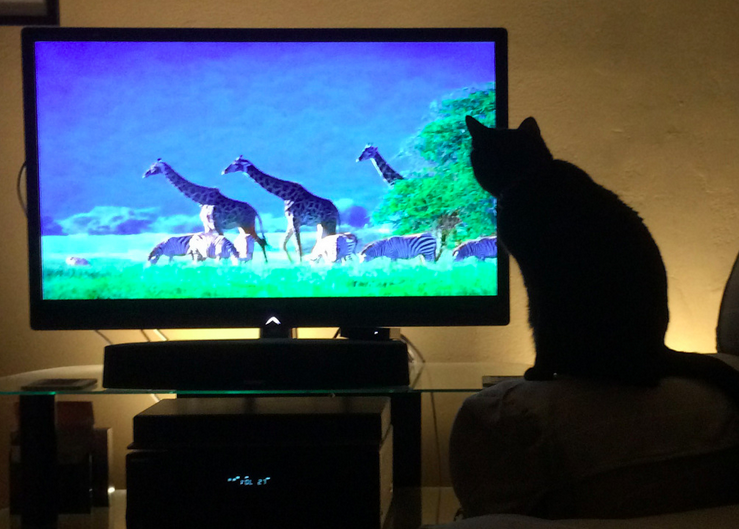
Who’s Making The Money When Your Smart TV Watches You Back?
We’ve heard plenty of times in the past few years that if you have a smart TV — one that’s internet-enabled, for all that app goodness — that it might be watching you just as much as you watch it. Samsung in particular generates a lot of questions about how secure your data is with your TV, as do LG and Vizio. But there’s a missing piece to the equation. If your TV is watching you, why? Who stands to gain (in the sense of cold hard cash) from your data? [More]
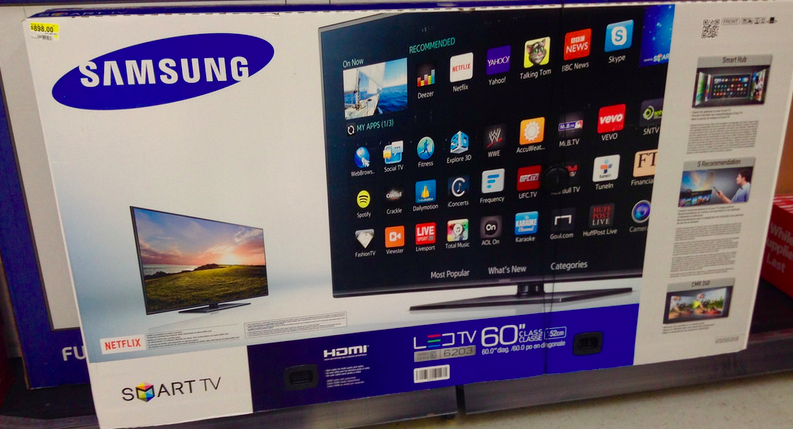
Privacy Advocates Call For Investigation Into Samsung Smart TVs
Samsung’s Smart TVs have come under scrutiny recently after people learned the company’s privacy policy hinted that things we say within earshot of our televisions may be recorded and uploaded to third-party transcription services. While executives for the company have worked to calm people’s fears, a privacy group is now asked federal regulators to take a look into the matter. [More]

Samsung Smart TVs Don’t Encrypt Speech Or Transcriptions
Last week, the world collectively freaked out when we learned that Samsung’s smart TVs can take things that we say in our living rooms and uploads them to a third-party transcription service. The gadget-maker tried to calm us all down by explaining how the service works, but there’s a problem: people may have assumed that data is encrypted. It’s not. [More]
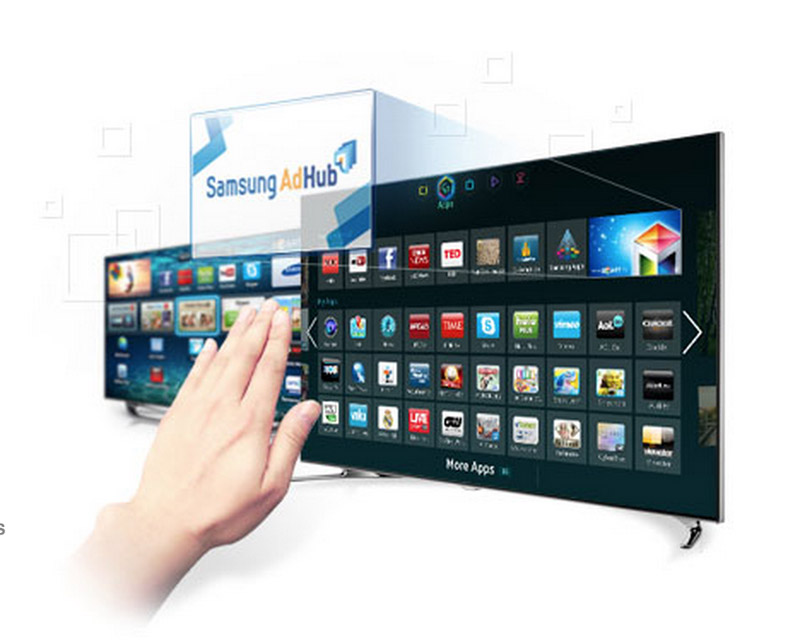
Smart TV Users Accuse Samsung Of Inserting Pepsi Ads In Their Videos
If you own a smart TV, you probably purchased it thinking about all of the ways that you can use it to watch streaming services and your own library of video files. Samsung sees something different, though: they see a great big Internet-connected screen which they can use to splash ads on. It began three years ago with ads on the TV’s home screen, and now users are accusing the company of inserting advertisements where they don’t belong. [More]

Samsung Clarifies Smart TV Privacy Policy That Freaked Everyone Out
This past weekend, someone noticed that Samsung reserves the right to record things we say near our TVs and upload them to a third party, and for some reason this freaked people out. Samsung has solved the problem by removing the problematic sentence from their privacy policy, replacing it with an expanded explanation of what uploading your speech to a third party really means. [More]

What You Say To Your Samsung Smart TV Is ‘Transmitted To A Third Party’
It was almost three years ago that we started to wonder whether it was possible for smart TVs to watch and listen to anyone in the immediate area of the television. It’s possible, but could it really happen? Over the weekend, the Daily Beast pointed out a single incredibly creepy sentence in the privacy policy for Samsung’s smart TVs, and we all began to wonder what our TV sets are really up to. [More]

Decline New Privacy Policy? LG Will Dumb Down Your Smart TV
“Because I will not agree to LG’s Privacy Policy,” a reader in the United Kingdom wrote to Techdirt, “I can now no longer access/use any of of the TV’s network based programs: [BBC] iPlayer, Skype, 3D etc.” What sort of horrific modern nightmare is this? It’s one that could come soon to a formerly-smart television near you, too. [More]

“The Internet Of Things” Means Your Smart Refrigerator Could Launch Cyber Attacks
If you’re unfamiliar with The Internet Of Things, take a look at your phone. It can get on the Internet, right? So can your TV, maybe. Or that fancy new smart refrigerator, it’s a thing, and it can access the Internet. And because the everyday devices we use are so “smart” now, that means they could be turned against you. [More]

LG Smart TVs Are So Smart, They Might Be Spying On You While You Change Channels
Is this the start of the humans vs. machine war, where our smart devices decide they’ve had enough of sitting back and watching our species click around on TVs and swipe our phones and just revolt? Let’s hope not, but a blogger in England does think he’s figured out that LG Smart TVs are so smart, they’re actually spying on us. [More]

Samsung Advertises High-Definition 3D For TV That Lacks It, Hopes No One Notices
Emil has had a Samsung 3D TV for a few years, but didn’t try out the 3D functionality until recently. When he did, he learned that the set didn’t have the full, glorious, 1080-pixel 3D experience that Samsung had advertised when he bought it. He’s not the only one who has noticed this problem: lots of other TV fans have. So has the German legal system. [More]

Repair Company Can’t Fix TV Without Parts, Warranty Won’t Replace Repairable TV
How long could your household go without a television? It depends on how many people are there, what you watch, what time of year it is, how the weather is, and whether or not it’s Christmas break and your kids are home from school. That’s the case for Roman’s family, cord cutters who are cut off from television content. Last Black Friday, Roman got a Vizio 3D smart TV from Walmart. Just under a year later, the set doesn’t work. That’s okay, though: he bought the extended warranty. The repair service set up an appointment, then just didn’t show after Roman took a day off work and waited around for them. Why? They didn’t have the part he needed in stock. [More]

LG Admits Smart TV Without Working Remote Isn’t Very Smart, Offers To Replace It
Earlier this week, we shared the story of reader Michael, who bought a pricey 3-D smart television from Amazon. His family thought it was pretty awesome until the set’s remote would no longer work. A few different repair teams weren’t able to make the TV and its remote work together permanently. Would he be left with a great big TV set that he couldn’t even use to watch YouTube videos? Sure, that’s a first world problem, but consumers deserve to get what they pay for. We posted about Michael and his TV. Coincidentally, after the post went up LG contacted him with a resolution. [More]

My LG Smart TV Is Pretty Stupid Without The ‘Magic’ Remote Control
Here’s the problem with smart TVs that I had never thought of: they depend heavily on the remote controls that come in the box. That’s a lesson that Michael has learned the hard and expensive way. The “magic” remote that came with his 47-inch LG smart TV won’t work. That’s not very magical. Years ago, if your remote control didn’t work, the worst-case scenario was that you would have to get up off your rear end to adjust the volume or change the channel. In the case of Michael’s TV, he can’t use any of the Internet features without that specific remote. You know, the thing that distinguishes a smart TV from other, stupider TVs. Update: LG is sending Michael a new television. [More]


